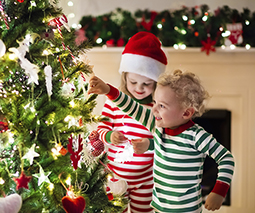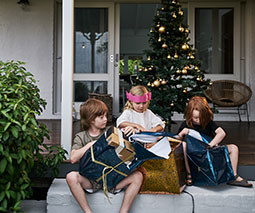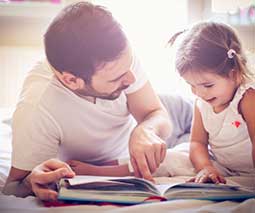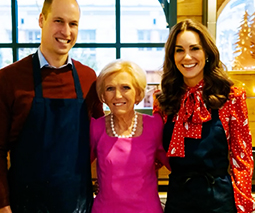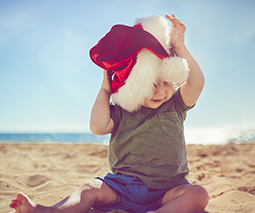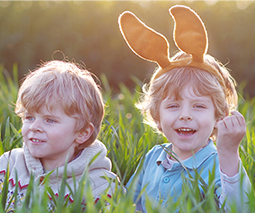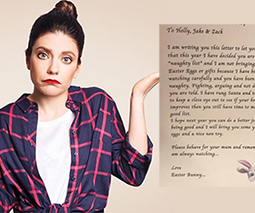How to teach gratitude and appreciation to children at Christmas
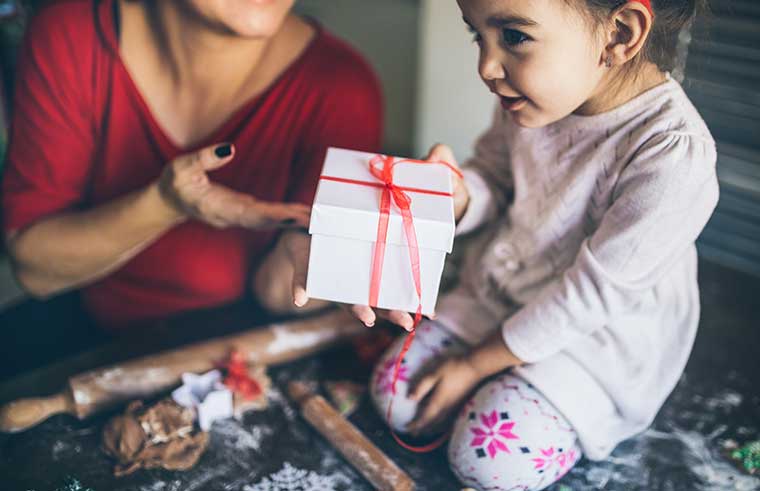
Hands up if you’ve ever watched your child open a gift from someone and felt nervous about how they will react if it isn’t something they were hoping for?
Children are unpredictable and often unaware of the cost or effort behind a present but there are simple ways we can begin to teach them about gratitude and appreciation.
Now an expert in mindfulness is keen to share some simple steps to teaching our little ones about gratitude and appreciation at Christmas.
Adelaide primary school teacher Ashley Manuel founded Growing With Gratitude, a mindfulness program to help teachers, students and families develop the positive habits to help them appreciate what they have.
He says parents can start preparing their children in the lead up to Christmas to express gratitude whenever they are given a gift.
“I am sure last year some parents probably saw certain reactions their children had to some gifts they received and are hoping that doesn’t happen again this year,” Ashley says.
He says, rather than make excuses for a child’s behaviour, parents can prepare their children and teach them some valuable life skills at the same time.
Here is what Ashley suggests.
Discuss giving and receiving of gifts early
Ashley says parents can prepare children for different scenarios, such as receiving a gift they don’t like by talking it out in the lead up to Christmas.
“Explain to your children they may not like every present they get but it really is the thought that counts,” he says.
“Encourage them to be grateful for whatever gift they get and to show their appreciation.”
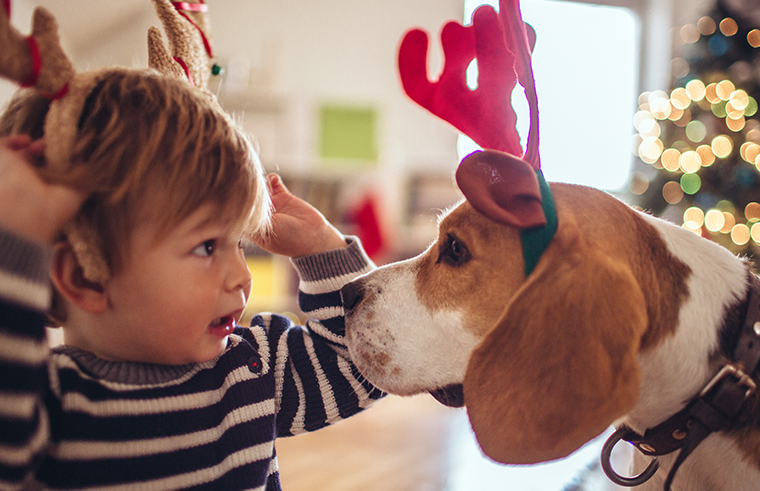
Allow time for appreciation
Between each gift being given, Ashley says time should be made for children to show their appreciation.
He says children should be encouraged to acknowledge and read cards attached to each present and it is a good idea to hand out gifts one at a time, taking turns from person to person.
“Whatever the set-up of giving is, maybe try to allow a 30-second gap after each present is unwrapped for the child to express their thanks to the person who gave it to them,” Ashley says.
“It is very important to allow that time immediately after opening the gift because it teaches kids to be grateful for what they are given.”
Encourage empathy
Explaining that not all children are lucky enough to receive gifts at Christmas can help a child begin to comprehend how fortunate they are, Ashley says.
“Not only is it a good life lesson to learn not everyone can always get what they want but that some people don’t get anything at all,” he says.
“Sitting down and explaining to children that some people can’t afford gifts depending on their circumstances and that this is everywhere in the world, even in areas of Australia.”
Ashley recommends parents put into practice the spirit of giving by placing a gift under an in-store giving tree to be passed on to another child and to have them be present when a donation is made to charities such as The Smith Family or Salvation Army.
He also says the lead up to Christmas can be a good time for children to select a few toys they have outgrown to donate to another child.
Shift the focus
Ashley says parents can move the focus away from gifts by taking an appreciation walk in the lead up to Christmas.
“Families can go on a little appreciation walk around the area, look at the Christmas lights, stop and be in the moment and be reminded it is not just about the presents,” Ashley says.
“The effort and length people go to to create a beautiful atmosphere in the area at Christmas time can be incredible.”
Ashley says another good way to shift the focus from receiving gifts is to make them active participants in the giving of gifts.
“Children learn a lot by doing so let them be a part of choosing gifts for family and friends, let them experience what it feels like to give a gift and make someone else happy,” he says.
“Show children how rewarding it is to give a gift to someone else.”
Avoid going overboard
Aside from being completely overwhelming for small children, Ashley says giving children excessive amounts of presents sends the wrong message and makes presents the focus.
“Limit the gifts to just a few so the kids can really appreciate what they are given,” he says.
Positive reflection
Ashley says families can reinforce a positive view on Christmas Day by setting aside time to reflect at the end of the day.
“Ask your child what they are most grateful for on that day and talk about the happiness that comes from giving and all the other things to be grateful for at Christmas,” he says.
